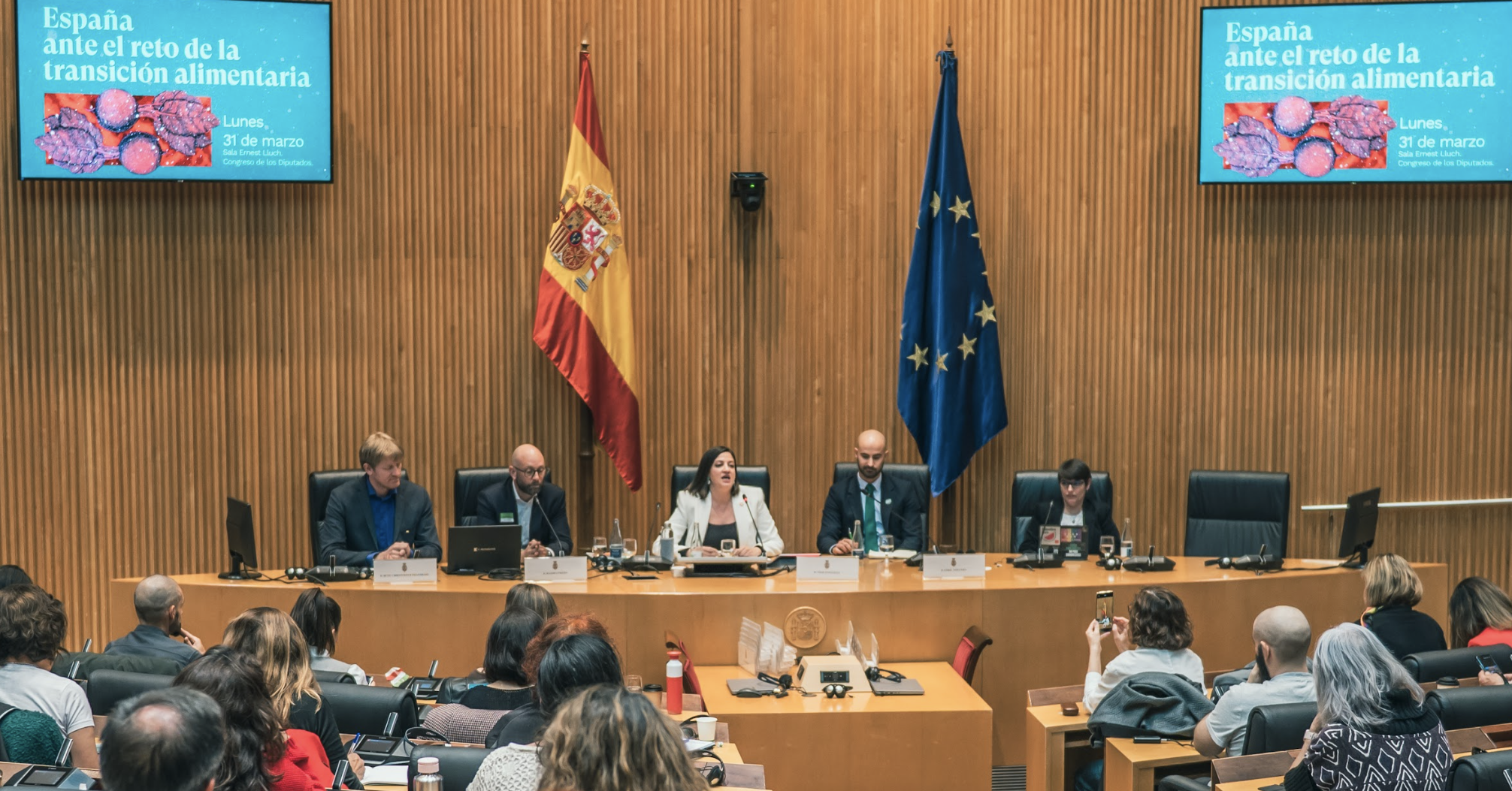Animal and Vegan Advocacy (AVA) International and the Asia for Animals (AfA) Farm Animal Coalition (FAC) are thrilled to announce Asia Farm Animal Day (AFAD)! This special event will take place at the Hanoi Daewoo Hotel in the stunning city of Hanoi, Viet Nam.
📅 Dates: October 9-11, 2024
📍 Location: Hanoi Daewoo Hotel, Hanoi, Viet Nam
Event Overview
AFAD is a 2.5-day event that unites advocates, activists, and organizations from across Asia to advance the animal advocacy and vegan movement. With a focus on driving impactful change for farmed animals, AFAD provides the space, resources, and expertise needed for systemic change.
Event Details
- Date: October 9-11, 2024
- Location: Hanoi Daewoo Hotel, Hanoi, Viet Nam
- Organizers: AVA International and Asia For Animals (AfA) Farm Animal Coalition (FAC)
Important Timelines & Deadlines
- Speaker Applications: Open now through July 15. Apply here.
- Early Bird Registration: Open now through July 15. Register here.
- Book your hotel room in our event block at the Hanoi Daewoo Hotel. Learn more and book here.
- Travel Award Scholarship Applications: Open now through July 31. Apply here.
- Exhibiting Registration: Opening now. Register here.
Highlights of the Event
- Keynote Speakers and Workshops: Learn from renowned experts like Kyle Behrend on AI, Jayasimha Nuggehalli on cage-free transitions, and Aditya Sindhavala Karanam on wild animal suffering.
- Networking Opportunities: Connect with like-minded advocates through various meetups and social events.
- Mini Film Fest and Vegan Meals: Enjoy films on animal welfare while savoring delicious vegan meals.
- Interactive Sessions: Engage in discussions on social media strategies, interspecies justice, and much more.
Keynote Speakers [More announced soon!]
- Kyle Behrend: Introduction to AI Workshop
- Jayasimha Nuggehalli: Ecosystem Approach to Cage-Free Transition
- Aditya Sindhavala Karanam: Wild Animal Suffering: Tractable Solutions
- Kalidevan Murugaya: Social Media Tactics for Vegan Advocacy
- Altamush Saeed: Interspecies Justice and Disasters
- Rithika Ramesh: From Slacktivism to Activism
- Haruko Kawano: Harnessing the Power of Local Governments
For registration, hotel bookings, and more information, visit www.asiafarmanimalday.com.
Join us in Hanoi for an event that promises to inspire and empower advocates for animal rights, environmental sustainability, and compassionate living. Be part of a community dedicated to making a difference for farmed animals across Asia and beyond.
We look forward to welcoming you to Hanoi!



